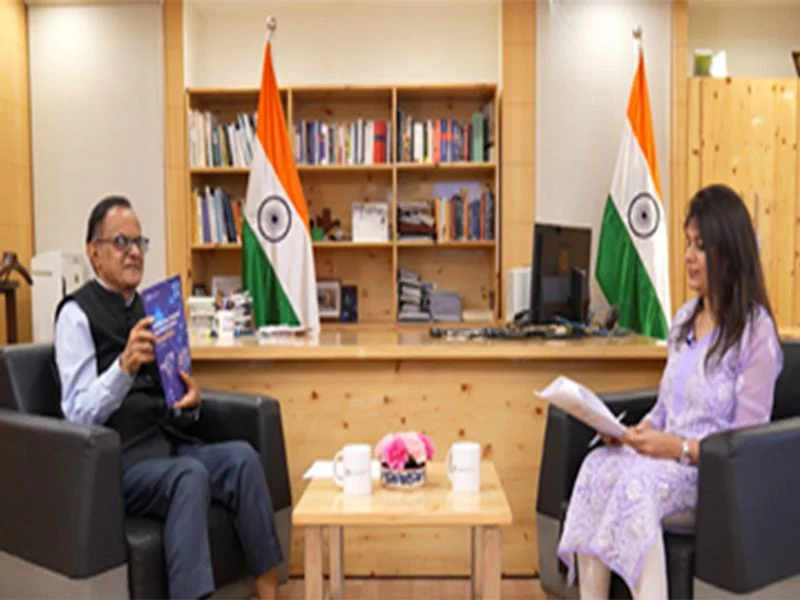Blog Credit: Trupti Thakur
Image Courtesy: Google
World’s First Malaria Vaccine Program For Children
Cameroon is set to kick off a landmark malaria vaccine program on January 22nd covering 2.5 lakh children over two years. Africa accounts for 95% of global malaria mortality, so curbing infections here is pivotal. Officials described the campaign as a major milestone in fighting the life-threatening disease after decades of efforts.
Disease burden in Africa
Sub-Saharan Africa witnesses 250 million malaria cases annually, including a heartbreaking 600,000 child deaths. Vaccination will relieve this enormous burden on the continent’s health systems and economies while saving families’ lives. Cameroon aims to demonstrate the vaccine’s benefits as proof of concept.
The Mosquirix vaccine
Cameroon will utilize Mosquirix – the first ever vaccine approved for malaria in late 2021. Developed by British pharma giant GlaxoSmithKline, it trains the immune system to attack the deadly Plasmodium parasite spread by infected mosquitoes. However, protection starts waning after months.
Effectiveness concerns
A limitation is Mosquirix’s modest 30% efficacy, lower than standard vaccines. It also requires four doses for full immunization. So while the vaccine cuts severe disease and death risk substantially, supplementary tools like nets and sprays are still essential to curb transmission.
Looking to second vaccine
Given Mosquirix supply constraints, WHO also approved Oxford University’s more scalable malaria vaccine last October. With easier production, no cold chain necessities, and Serum Institute of India’s pledged capacity to manufacture 200 million doses annually, this vaccine could accelerate anti-malaria drives.
From Africa to the world
If African countries can demonstrate Mosquirix’s health impact through data, it would spur global uptake. Immunization would then provide major relief to the 95 countries battling malaria which causes over 400,000 deaths annually as per WHO estimates.
Gavi assistance
Cameroon’s program has been enabled with Gavi vaccine alliance support, which is assisting over 20 African nations to introduce Mosquirix. The goal is reaching 6 million African children with at least one malaria vaccine dose by 2025 to reduce child mortality and catalyze eradication efforts.
Emphasizing equity
Equitably distributing these first doses to save young and vulnerable lives is central for ethics and public health. Simultaneously, diversifying the vaccine portfolio via Oxford’s alternative and enhancing production are also critical to inoculate Africa at scale to achieve lasting gains.
Signaling high-level commitment
African leaders jointly applying for the malaria vaccine and expediting roll-out demonstrates political will towards combating the disease through advancing science. This will hopefully augment funding and spawn innovative vector control, diagnostic and treatment research along with more immunization options.
Protecting the future
While the current malaria vaccines aren’t silver bullets, their arrival marks a watershed in battling a preventable threat killing one child every minute globally. Widespread deployment can slash long-term infection risks, avoiding immeasurable suffering and enabling millions to lead healthier, productive lives.
Blog By: Trupti Thakur

24
JanWorld’s First Malaria Vaccine Program For Children
Jan 24, 2024Recent Blog
The ITES-QApr 17, 2025
The UPI Circle Of PhonePeApr 16, 2025
Dangerous AI In HealthcareApr 15, 2025
Google’s Iron Wood ChipApr 14, 2025
World’s First 3D Printed Train StationApr 11, 2025




